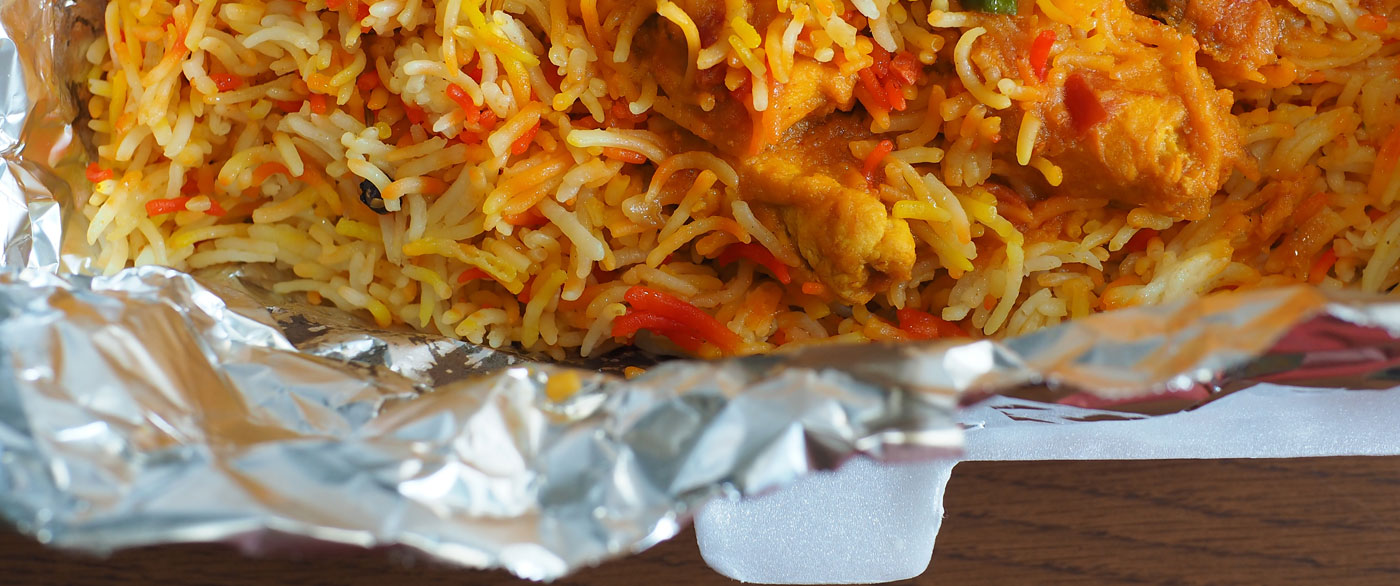Aluminum and food contact
Aluminumand food contact, here's the truth! On the 'Striscia la Notizia' program on Tuesday, Dec. 10, the topic ofaluminum in food contact was addressed in an absolutely instrumental way; a topic that was thoroughly evaluated by the Istituto Superiore di Sanità and on which a study that has become landmark entitled "Study of consumer exposure to aluminum from food contact" was published.
Aluminum in food
A premise to deal with the topic ofaluminum in food: after oxygen and silicon, it is the most widespread element on the earth's crust (8.3%) and therefore human beings have always been exposed to the metal in question, so much so that most food contains minimal amounts of aluminum-in a classic European diet the average daily dose is estimated at 2-8 mg, of which about 0.1% is absorbed by the body. The ISS report unequivocally confirmed that there are no studies proving the toxicity of aluminum from ingestion.

Single-use aluminum and the EFSA threshold.
The European Authority EFSA has also published a scientific opinion, which recommends limiting the amount of aluminum ingested to 1 mg per kg of body weight per week. The Istituto Superiore della Sanità study found that indisposable aluminum, in the extreme case of cooking and storing the entire weekly diet, its incidence is still far from the EFSA threshold. In accordance with this, the Ministry launched a campaign reiterating the correct information, defined by Ministerial Decree 76/2007 and implemented by all packaging.
Aluminum to wrap the sandwich...or not?
To claim, as Professor Paola Fermo and Deputy Minister Pier Paolo Sileri did on the Channel 5 program, that exceeding the threshold of aluminum tolerated in food is easy is therefore evidence refuted by the Istituto Superiore di Sanità. The deputy minister's recommendation not to use aluminum to wrap one's children's sandwich is baseless: bread is an inert food toward aluminum, as indeed are all dry foods.

The unfounded alarm about food aluminum
So there is no aluminum scare at the food level; worldwide this material is valued for its sustainability because it is infinitely recyclable, has good thermal conductivity, and has properties that help reduce food waste due to poor storage. Disposable aluminum products have fallen victim to misinformation because they are actually one of the best sustainable alternatives for our planet.
